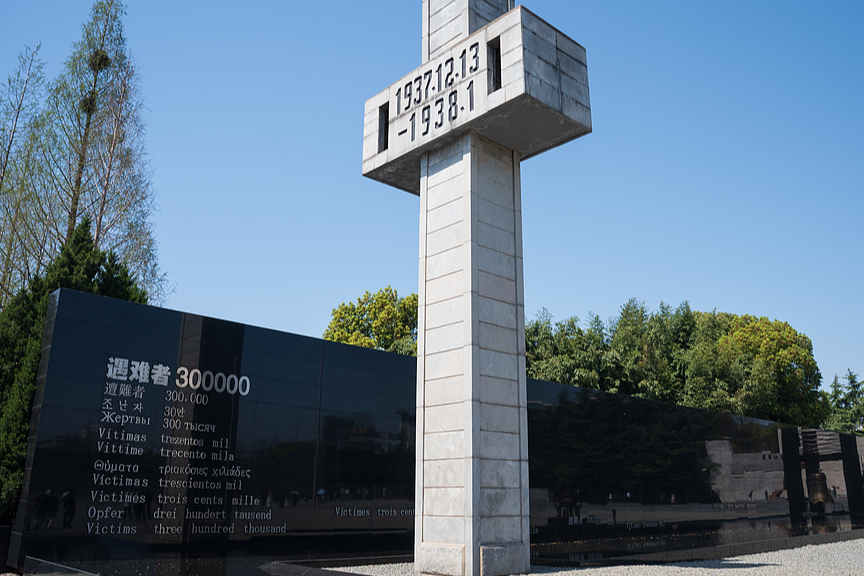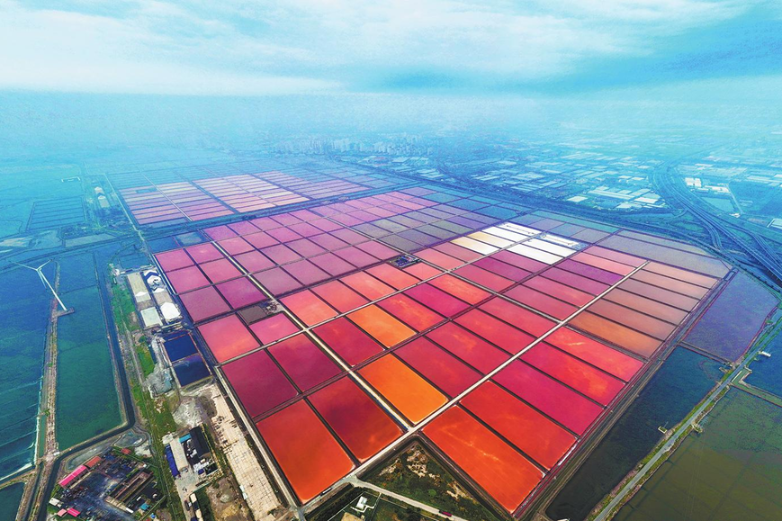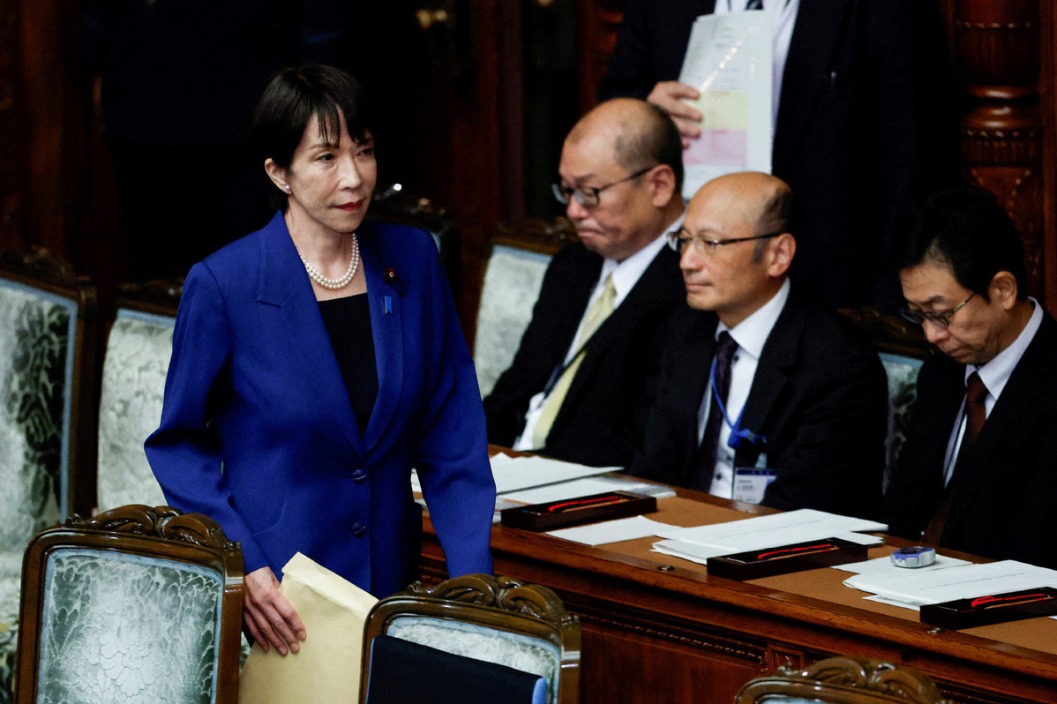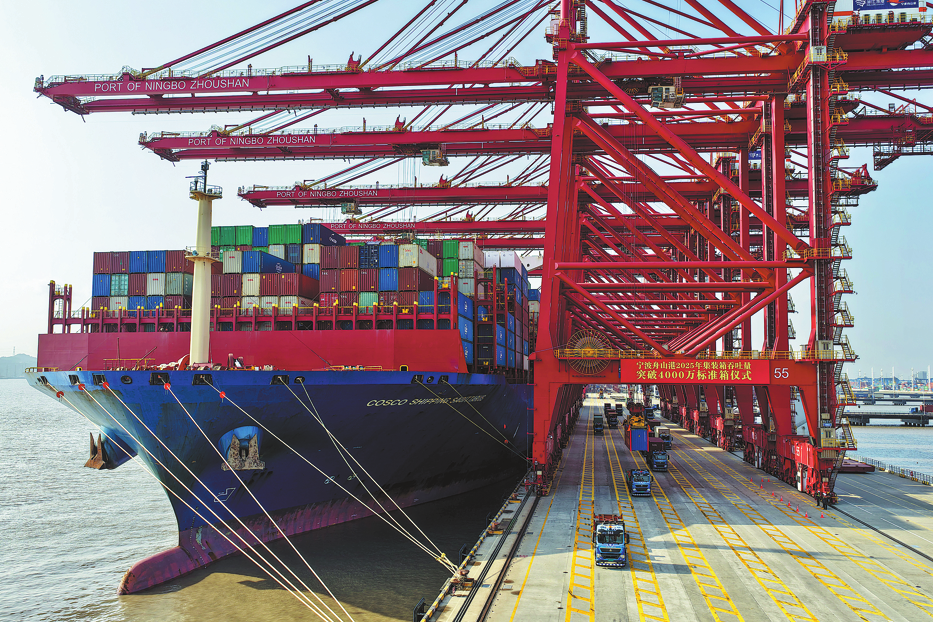Battered animal industry needs support

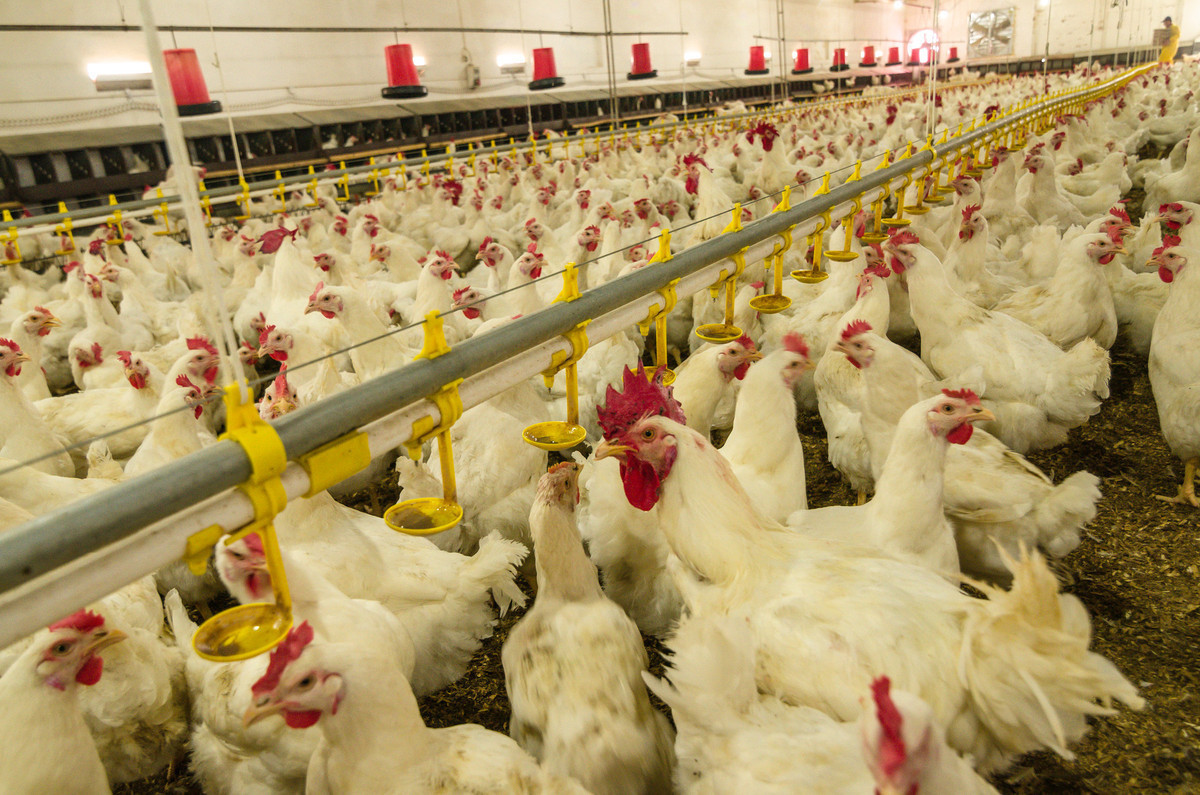
The outbreak of the novel coronavirus has prompted governments at various levels to enhance their prevention and control work.
To curb the spread of the novel coronavirus, the authorities have extended the Spring Festival holiday, so as to postpone the time when people return to work, and implemented public transport controls in many areas, seriously affecting normal social and economic activities. The outbreak has unavoidably impacted the national economy, not only slowing GDP growth, but also hitting many industries.
As one of the main pillars of the agricultural industry, the pig farming industry is suffering from the outbreak of novel coronavirus after the blow of African swine fever last year. Moreover, the outbreak of H5N1 bird flu in a farmer's chickens in Hunan province also poses a great threat to the poultry industry.
The sustainable development of the animal industry involves various links including breeding, feed, transportation and consumption. All the links of the animal industry have been hit by the epidemic, which has caused tremendous losses throughout the industry.
Due to the requirements of the novel coronavirus prevention and control work, the government required all the enterprises not to restart operations before Feb 3, and some regions such as Guangdong province, Zhejiang province and Shanghai postponed restarting operations to Feb 9. Along with the control measures imposed on public transportation in many regions, these measures have seriously restricted the animal industry's normal logistics.
The logistical challenges are particularly evident in the shortages of fodder in some areas. The smooth supply of fodder is the fundamental guarantee for the sustainable development of the animal industry.
The obstructed logistics pose challenges to all the links in the animal industry including production, distribution and sales. The difficulty in selling animals and animal products also means there is a lack of working capital.
The animal industry is a key part of the national economy and many people depend on it for their livelihoods. Last year the outbreak of African swine fever led to sharp rises in the price of pork, which drove the consumer price index higher, which not only posed challenges to macroeconomic control, but also impacted people's normal life. Therefore, the authorities should pay great attention to the effects the novel coronavirus outbreak is having on the animal industry and introduce effective measures to reduce the blow to the animal industry.
The top priority is to strengthen prevention and control work to stop the spread of the novel coronavirus. The earlier the outbreak ends, the less loss it will cause to the animal industry as well as the entire national economy. Nowadays governments at various levels should give top priority to their prevention and control work, take the initiative to improve and enhance epidemic prevention and control measures, and accelerate scientific research to curb the epidemic as soon as possible. These are the fundamental measures required to ease the blow of the epidemic on the animal industry.
Given the difficulties that the animal industry faces, the government should launch necessary measures to support the industry. The Ministry of Agriculture and Rural Affairs, Ministry of Transport and Ministry of Public Security have jointly issued an urgent announcement to strictly prohibit violations that block transportation, in order to guarantee the normal circulation of fresh agricultural products and agricultural means of production. Meanwhile, the National Development and Reform Commission as well as the Ministry of Commerce have also made requirements on restoring the normal production and supplies from packinghouses, feed factories and veterinary medicine producers, in order to stabilize the operations of the animal industry.
But in addition, the government could also consider providing low interest loans, fiscal subsidies and preferential tax to enterprises in the animal industry that may be encountering temporary difficulties. Supervision and monitoring of animal viruses such as bird flu should be further strengthened, as well, in order to avoid more pressure on the animal industry. And enterprises in the animal industry should make full preparations so they can restart normal operations as soon as possible.
The author is a research fellow at the National Academy of Economic Strategy, Chinese Academy of Social Sciences. The views don't necessarily represent those of China Daily.


















